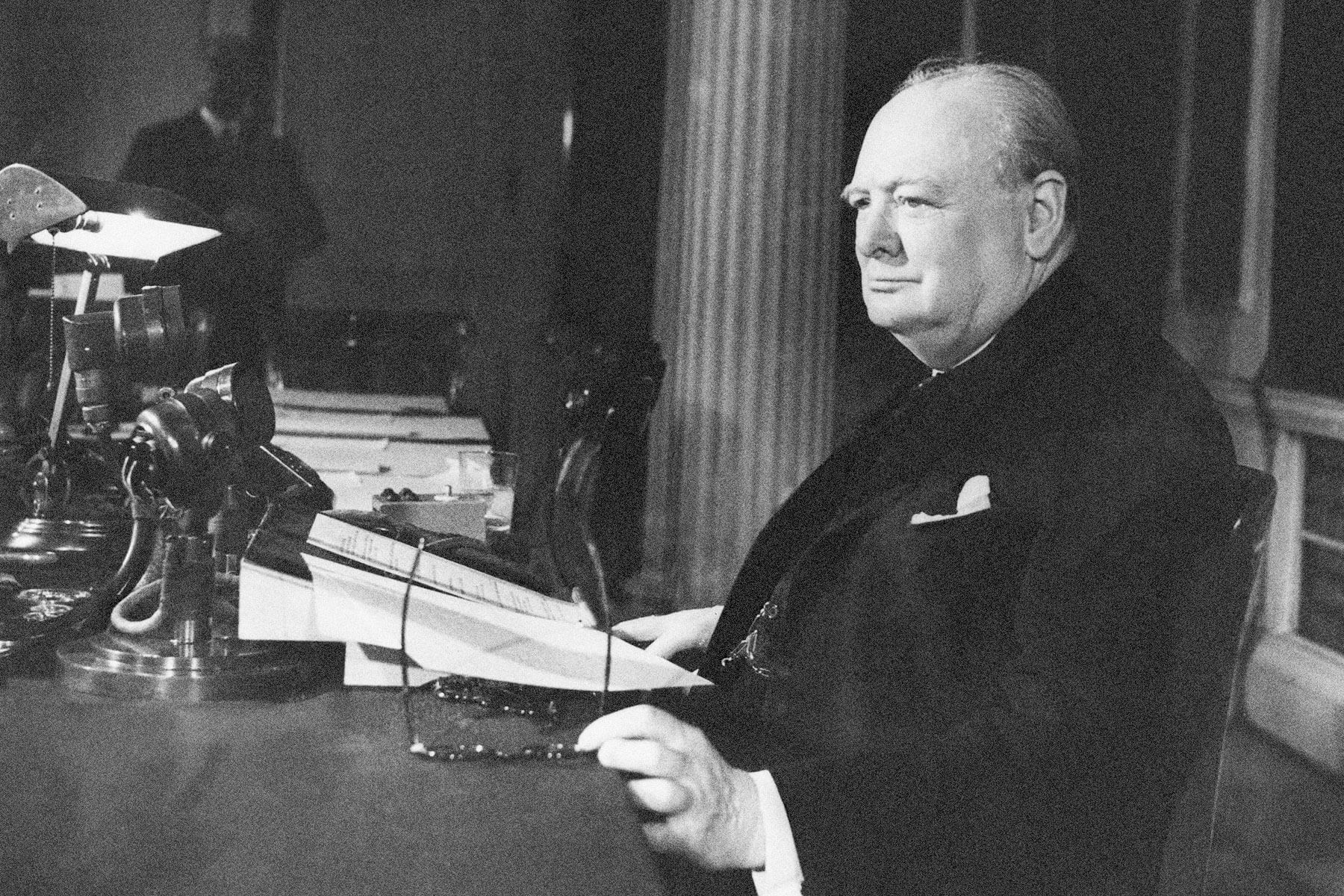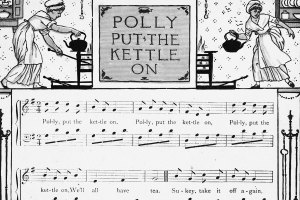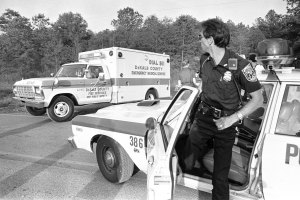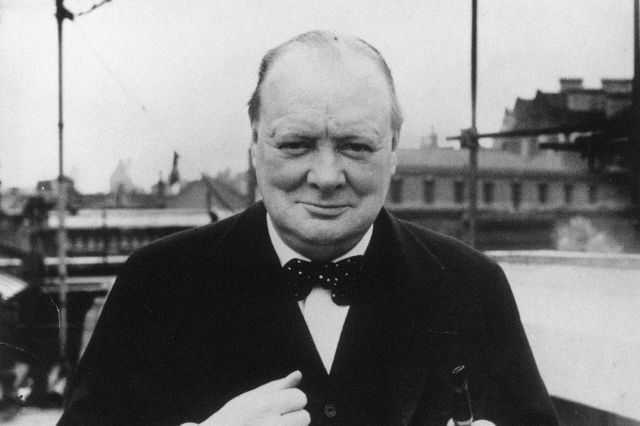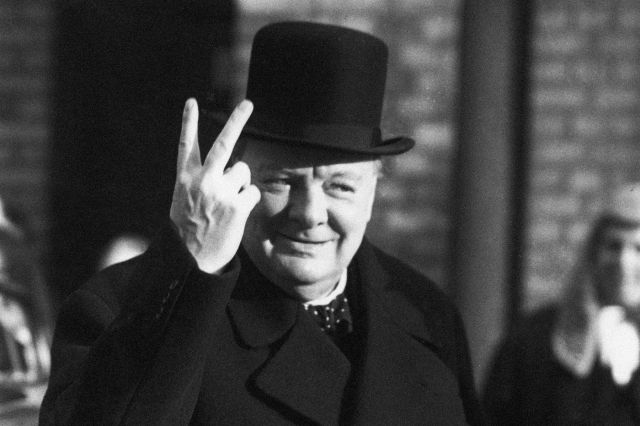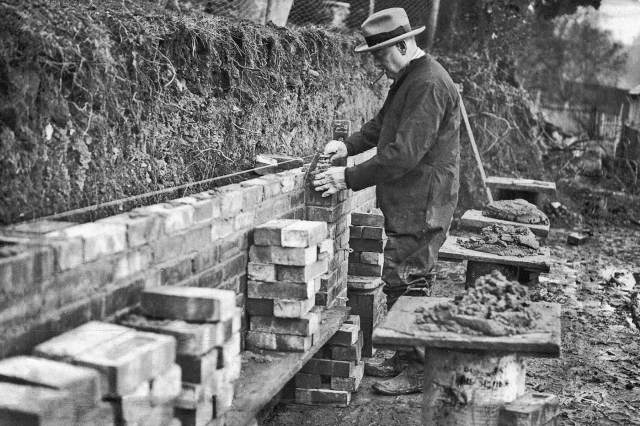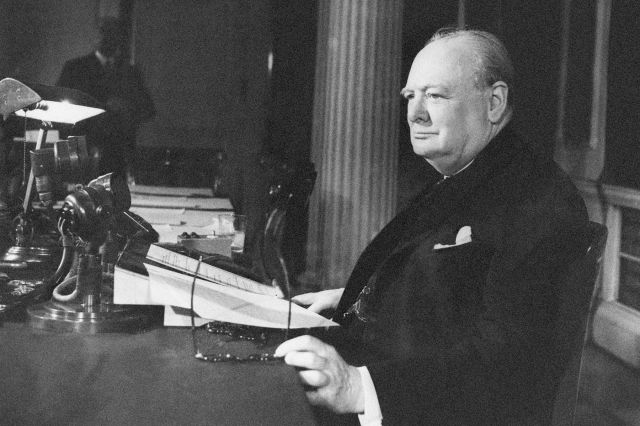7 Things You Didn’t Know About Winston Churchill
Winston Churchill is widely regarded as one of the greatest leaders of the 20th century, especially for his role in guiding Britain and the Allies to victory in World War II. Born in 1874 to an aristocratic family that included his prominent politician father, Lord Randolph Churchill, and American socialite mother, Jennie Jerome, Churchill spent his childhood largely in the care of a nanny and in boarding school, where he struggled to keep up academically. At age 18, he enrolled in the Royal Military College, a major achievement for the young boy who had an early interest in the military and also saw it as a distinct path into politics. After a four-year stint serving as both a soldier and war correspondent around the world, Churchill resigned from the army in 1899 to focus on his career as a writer and politician.
Churchill went on to hold a variety of political positions in both the Liberal and Conservative parties, including first lord of the admiralty, chancellor of the exchequer, secretary of state for war, and, of course, prime minister of the United Kingdom. He also became a prolific and celebrated writer and a renowned orator, whose powerful speeches, such as his famous “We shall fight on the beaches” address, inspired both his country and people around the world. Churchill was known for his eloquence, courage, wit, and vision, but he wasn’t without his faults, and his controversial views on imperialism, race, and social reform remain an equally entrenched part of his legacy. Churchill died in 1965 at the age of 90, remaining to some one of the greatest Brits of all time.
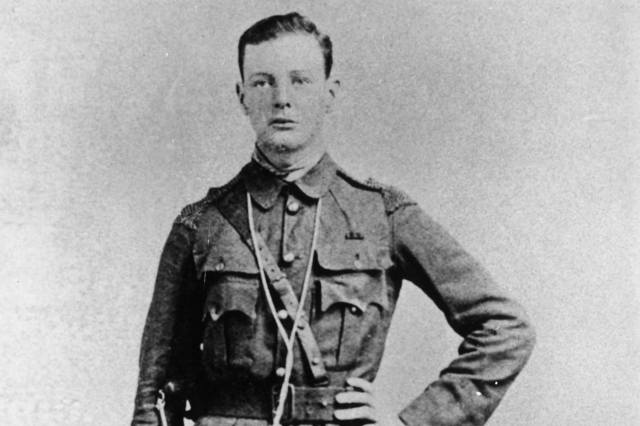
Churchill Did a Stint as a War Correspondent
Churchill struggled through his school years in nearly every subject, history and English being the exceptions. His father steered him away from academics and toward a military career, where it took Churchill three attempts to get into the Royal Military College at Sandhurst (now the Royal Military Academy Sandhurst). In 1895, he joined the 4th Queen’s Own Hussars cavalry unit, and made his first army trip to Cuba — but not for combat. Churchill took a short leave to report on the Cuban War of Independence for London’s Daily Graphic. In 1896, his regiment was deployed to India, where he served as both a soldier and a journalist; his dispatches were later compiled into The Story of the Malakand Field Force, his first of many published nonfiction works. His journalism even led Churchill to a notable moment in his young career. While covering the Boer War in South Africa for The Morning Post, he and members of the British army were captured and taken to a prisoner-of-war camp. He escaped by scaling a wall in the dark of night, returning a hero.
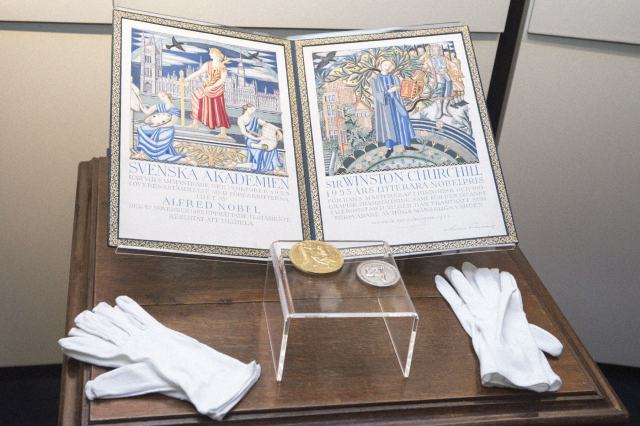
He Was Awarded the Nobel Prize in Literature in 1953
Churchill’s war reporting marked the beginning of an esteemed literary career. His first major work following his war dispatch collections was a 1906 biography of his father, titled Lord Randolph Churchill; he also wrote a four-volume biography of his ancestor, the Duke of Marlborough. Churchill’s most famous works, however, are his histories of the two world wars, which he both witnessed and shaped. The World Crisis covers the First World War and its aftermath, while The Second World War, throughout six volumes, details the global conflict that made him a legendary leader. Churchill also published several collections of speeches and essays, as well as a book on his hobby of painting, Painting as a Pastime. In 1953, his work earned him the Nobel Prize in literature, awarded “for his mastery of historical and biographical description as well as for brilliant oratory in defending exalted human values.” As high an honor as it was, it’s believed that what Churchill truly wanted was the Nobel Peace Prize.





